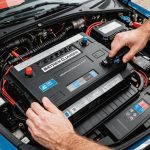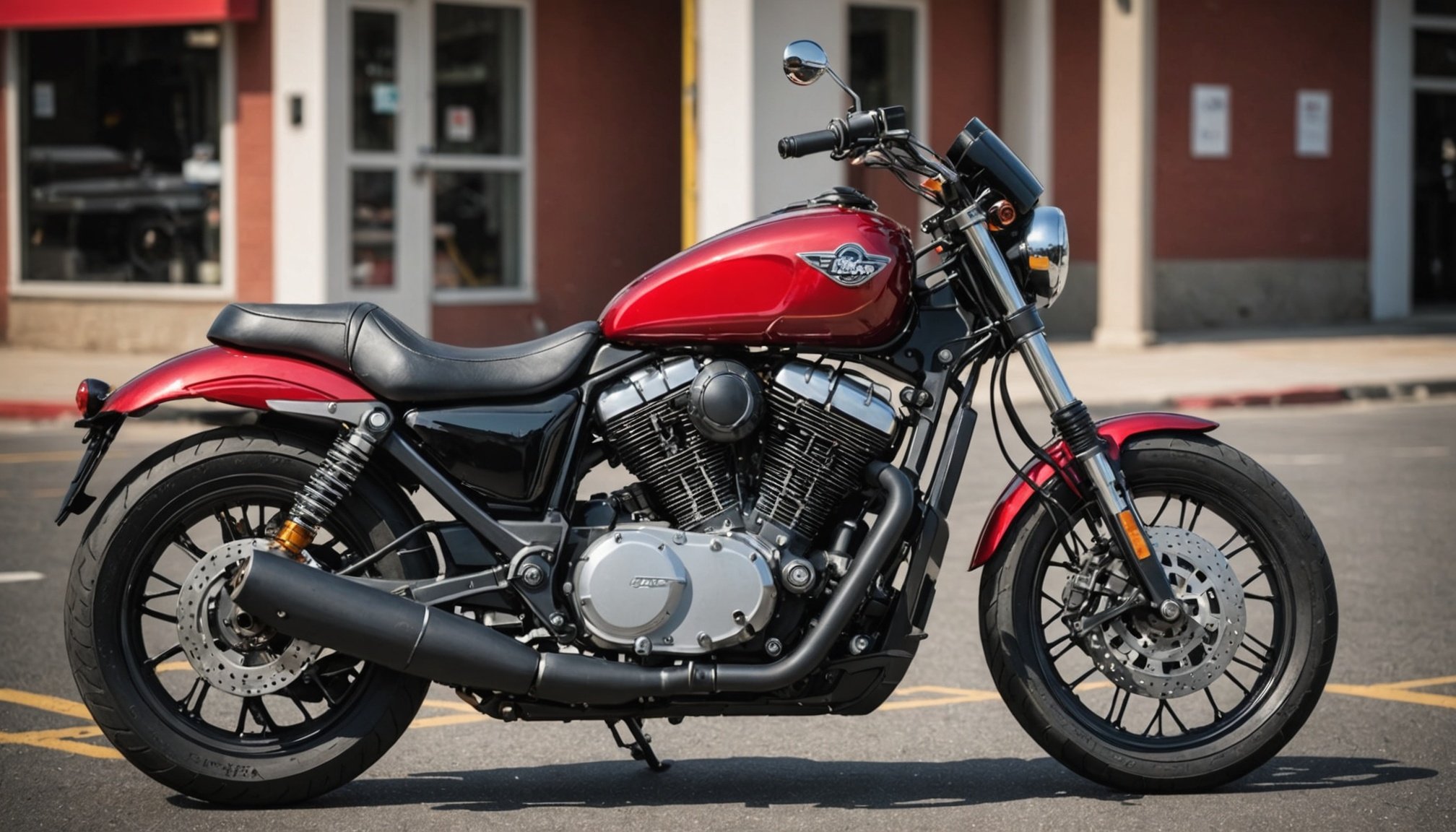Motorcycles are not just a means of transportation; they are a passion for many riders. The thrill of riding, the wind against your skin, and the roar of the engine make it a unique experience. However, with rising fuel prices and an increasing need for environmental consciousness, improving your motorcycle’s fuel efficiency has become more crucial than ever. In this article, we will explore simple adjustments that can enhance your bike’s performance and mileage, ensuring that you enjoy every ride while saving on fuel costs. Let’s delve into the various aspects of tuning your motorcycle for better efficiency.
Understanding the Relationship Between Weight and Fuel Efficiency
The weight of your motorcycle plays a significant role in its fuel efficiency. Heavier bikes tend to consume more fuel because they require more power from the engine to accelerate and maintain speed. By understanding how weight affects your bike, you can make informed choices to improve its performance.
Also to discover : What are the best techniques for cornering on a motorcycle safely?
Firstly, consider your riding gear. While safety is paramount, opting for lighter materials can reduce your overall weight. Additionally, review any unnecessary accessories or modifications that could add extra pounds to your bike. For example, bulky saddlebags or oversized windshields can affect your motorcycle’s aerodynamics and overall weight. Removing or replacing these items with lighter alternatives can directly enhance your bike’s efficiency.
Furthermore, think about how much luggage you carry. Riding with heavy loads not only impacts your bike’s power but also affects your riding experience. Wherever possible, minimize the weight you carry on each ride.
Also to see : How can you enhance your motorcycle’s visibility to reduce accident risks?
Lastly, consider the tire choices you make. Some tires are heavier than others and can lead to increased rolling resistance. Opting for lightweight tires that are designed for efficiency can help reduce weight while also improving your bike’s grip and handling. By making small adjustments to reduce weight, you can significantly improve your motorcycle’s mileage and overall performance.
Tuning Your Engine for Better Performance
Tuning your motorcycle’s engine is one of the most effective ways to enhance its fuel efficiency. A well-tuned engine runs smoothly, ensuring that combustion occurs efficiently and power is maximized without excessive fuel consumption.
Start by ensuring that your engine is properly maintained. Regular oil changes, air filter replacements, and spark plug checks are essential. An unclean air filter can restrict airflow, causing your engine to work harder and consume more fuel. Likewise, old or worn-out spark plugs can lead to incomplete combustion, wasting fuel and reducing power.
Another aspect to consider is the tuning of your engine management system. If your motorcycle is equipped with a fuel injection system, having it calibrated can make a substantial difference. A professional tuning can adjust the air-fuel mixture for optimal performance, allowing your bike to run efficiently.
In addition, using high-quality fuel can improve your engine‘s performance. While it might be tempting to go for the cheapest option, high-grade fuel typically contains fewer impurities, which can lead to better combustion and efficiency.
Lastly, consider the timing adjustments of your engine. Ensuring that your timing is set correctly can help maintain optimal performance levels and improve fuel economy. If you are not comfortable performing these tasks, consulting with a professional mechanic who specializes in motorcycle tuning can make all the difference.
Optimizing Tire Pressure and Type
Your motorcycle’s tires are crucial to its overall performance and fuel efficiency. Maintaining the correct tire pressure can drastically affect how your bike rides and how much fuel it consumes. Under-inflated tires create more rolling resistance, which means your engine must work harder, ultimately consuming more fuel.
Regularly checking and maintaining the correct tire pressure is vital. Each motorcycle model has specific recommendations for tire pressure. Ensure that your tires are neither too hard nor too soft. The ideal pressure will provide a balance between comfort, tire lifespan, and fuel efficiency.
Furthermore, the type of tires you choose can also impact your bike’s performance. For instance, sport tires provide excellent grip but might not offer the best mileage. On the other hand, touring tires are designed for durability and often enhance fuel efficiency. Choosing the right type of tire for your riding style can enhance your motorcycle’s performance while maintaining better mileage.
Additionally, keep an eye on tire wear. Worn-out tires can lead to increased resistance and reduced overall efficiency. Regularly inspect your tires and replace them when necessary to maintain optimal performance. In summary, proper tire maintenance and selection play a significant role in maximizing your motorcycle’s fuel efficiency.
Riding Habits that Contribute to Fuel Efficiency
Your riding habits have a direct impact on your motorcycle’s fuel efficiency. By adopting more efficient riding practices, you can improve your bike’s performance while also benefiting your wallet.
Start by avoiding aggressive acceleration and hard braking. Smooth and gradual acceleration is crucial in maintaining a steady speed, which can help conserve fuel. When you accelerate too quickly, your engine burns more fuel unnecessarily, while sudden stops require more energy to regain momentum.
Maintaining a consistent speed is also key. Utilizing cruise control on long rides can help keep your speed steady and minimize fluctuation, ultimately improving your mileage. Furthermore, using higher gears when possible reduces engine RPM and saves fuel. Keep in mind that excessive idling can waste fuel, too. If you’re waiting for an extended period, it’s often better to turn off the engine.
Additionally, be mindful of your riding environment. Wind resistance can significantly impact your bike’s efficiency. When riding at higher speeds, try to maintain a low profile by tucking down to minimize the wind drag. Consider the route you take as well; smoother roads with less traffic can lead to better fuel economy.
In conclusion, adjusting your riding habits is a simple yet effective way to improve your motorcycle’s fuel efficiency. By being mindful of how you ride, you can enjoy longer rides with less frequent stops at the gas station.
Improving your motorcycle’s fuel efficiency doesn’t require complex tweaks or major overhauls. Simple adjustments in weight management, engine tuning, tire maintenance, and riding habits can make a significant difference. By implementing these strategies, you not only enhance your motorcycle’s performance but also contribute to a more economical and environmentally-friendly riding experience.
As you gear up for your next ride, remember that every small change counts. Whether it’s shedding some unnecessary weight, tuning your engine, optimizing your tires, or adjusting your riding style, you are on the path to achieving better mileage and overall efficiency. So, take these tips to heart and enjoy the open road knowing you’re making the most of your motorcycle.











